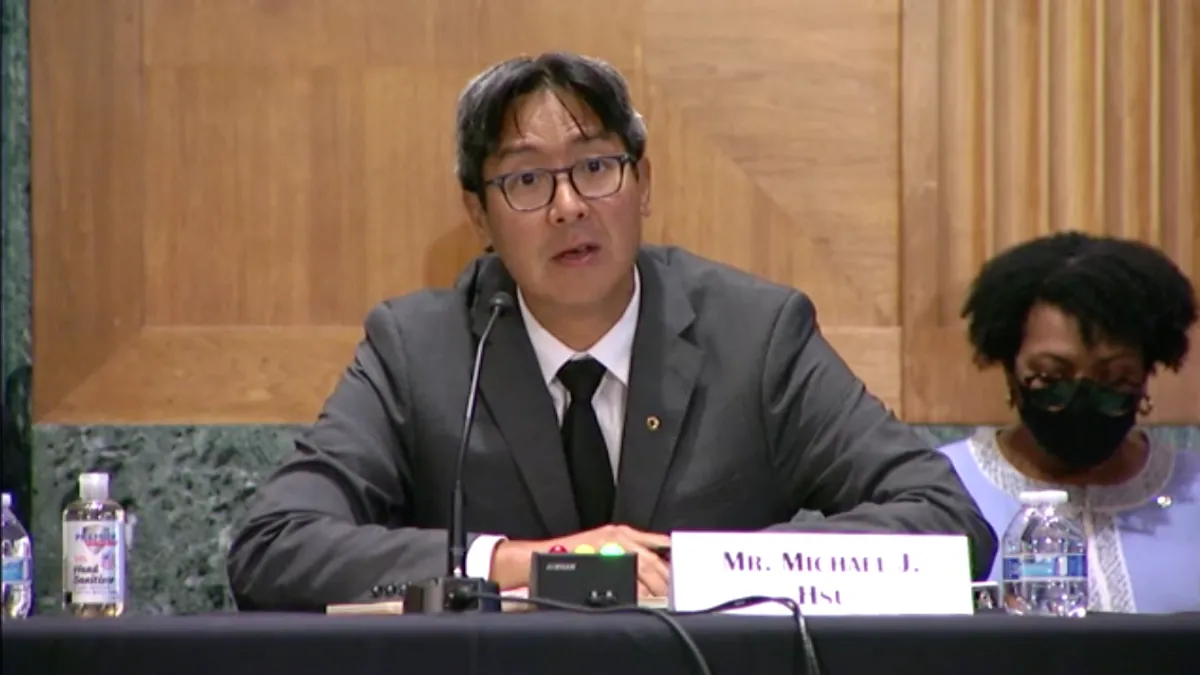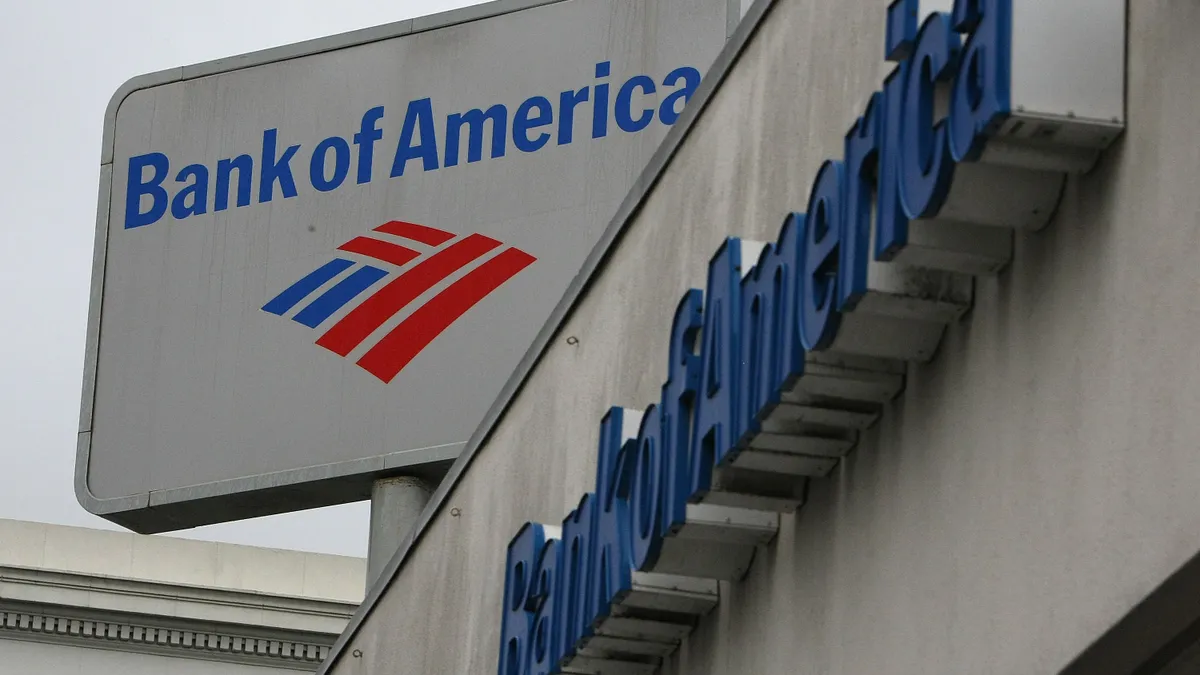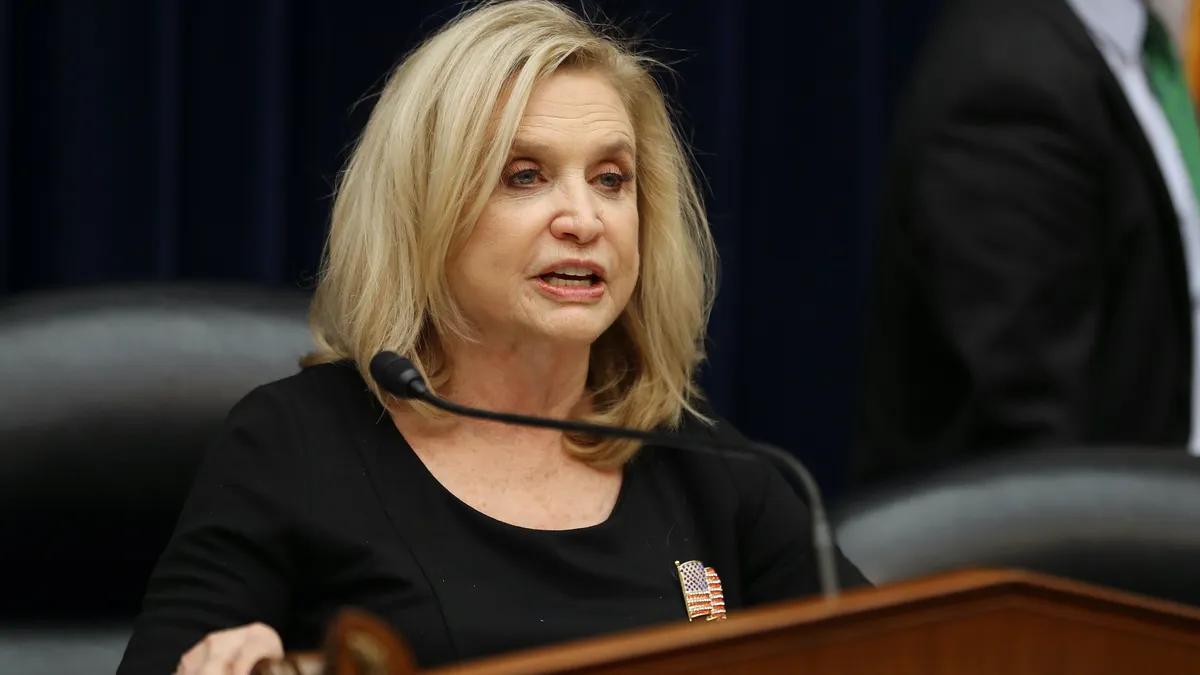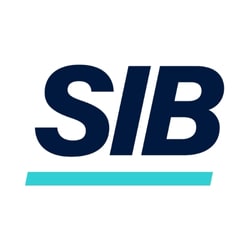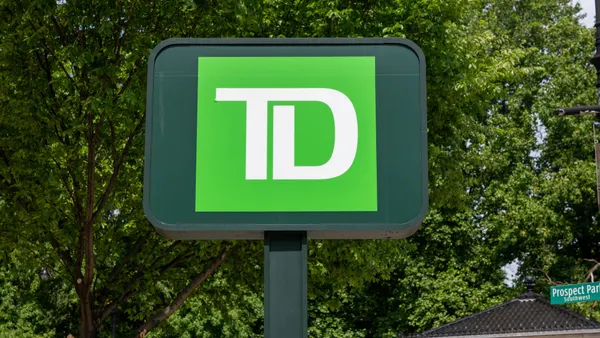Dive Brief:
-
TD Bank announced Thursday it plans to launch a no overdraft-fee account in August, making the Cherry Hill, New Jersey-based bank the latest lender to introduce a no-overdraft-fee deposit account amid increased scrutiny from lawmakers over the fees banks collected amid the pandemic.
-
The account, called TD Essential Banking, comes with no minimum daily balance requirements and doesn't allow customers to overdraft. The account comes with a monthly maintenance fee of $4.95, which is waived for account owners age 13 to 17.
- The new account follows a $41.5 million class-action lawsuit the bank settled in May after customers alleged it charged them overdraft fees for each attempt merchants made to process the same transaction. The Consumer Financial Protection Bureau (CFPB) ordered the bank in August to pay $122 million in restitution to more than 1.4 million customers over "deceptive" overdraft enrollment practices between 2014 and 2018.
Dive Insight:
TD Bank said its Essential Banking offering aligns with bank-wide efforts to meet the needs of unbanked or underbanked customers.
"At TD, we foster a culture of care and inclusion among our colleagues and within our communities, and that extends to the products and services we offer our customers," Alissa Van Volkom, the bank's head of consumer deposits, products and payments, said in a statement. "TD's goal for this new account offering is to help our customers establish a more secure, inclusive and sustainable financial future for themselves, their families, and their communities."
The bank said the no-overdraft fee account will meet the Cities for Financial Empowerment (CFE) Fund’s Bank On national account standards.
TD Bank also said it is changing its overdraft policy. The bank is increasing its overdraft threshold, so customers won't be charged unless they're at least $10 overdrawn rather than $5. It is also reducing — from five per day to three — the number of times a customer can be charged an overdraft fee, according to the Philadelphia Business Journal. The bank said the changes, which will go into effect in August, will apply to all deposit account holders.
Democratic lawmakers took aim at banks’ overdraft policies during two hearings on Capitol Hill last month, chastising the nation’s largest lenders for the fees they took in during the pandemic.
Amid the pushback, some banks have made efforts to give customers more options to avoid the fees, which typically range from $25 to $35 each time an account is overdrawn.
Frost Bank, Huntington Bank and PNC have introduced features ranging from overdraft grace to an emergency line of credit to customer alerts. Ally Bank, meanwhile, announced it would eliminate overdraft fees entirely.
Some lawmakers are pushing for legislation to enact change in the industry. Rep. Carolyn Maloney, D-NY, this week plans to introduce her Overdraft Protection Act, a bill she has introduced in every Congress since 2009.
The bill would prevent banks from charging a customer more than one overdraft fee in any calendar month, and would limit to six the number of overdraft fees a bank can charge a customer per year.
The bill also would prevent banks from posting transactions to maximize overdraft fees, such as ordering transactions from the largest to the smallest, forcing customers to overdraw their balance quicker and more frequently.
The bill also would require banks to make certain disclosures, such as their overdraft fee limit, opt-in policies and alternative options to overdraft coverage.
New successor?
TD Bank also announced several changes to its executive leadership Thursday.
Kelvin Tran, executive vice president of enterprise finance, will become CFO of TD Bank Group, replacing Riaz Ahmed, who will become president and CEO of TD Securities.
Tran will join the bank's senior executive team, reporting to Bharat Masrani, group president and CEO of TD Bank Group, the bank said.
Some investors have interpreted Tran’s move as a sign he will succeed Masrani, according to Reuters.










